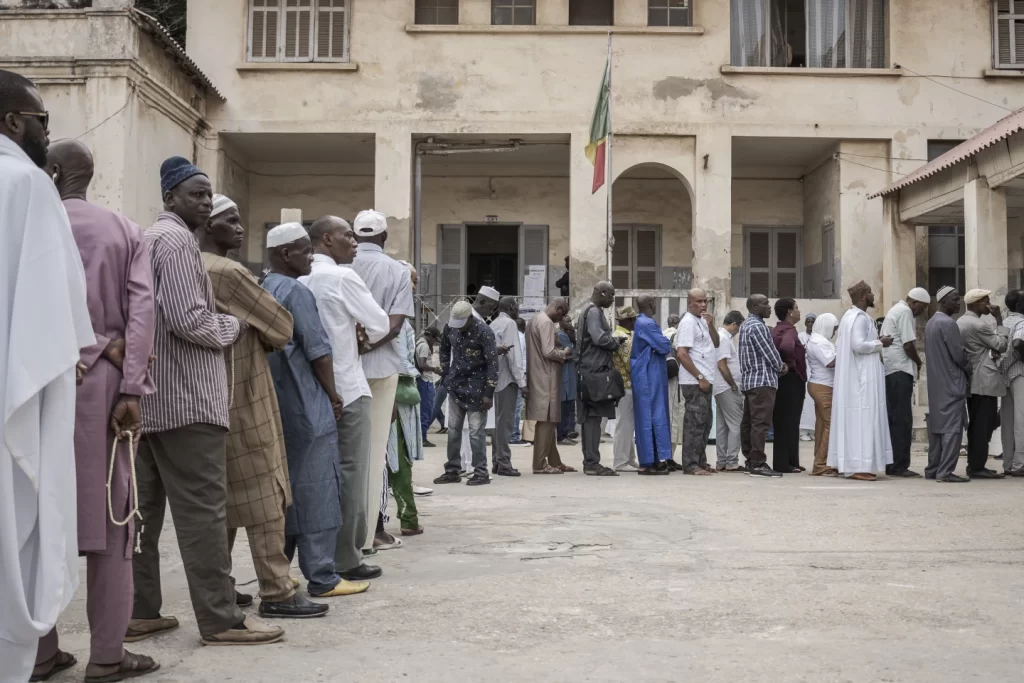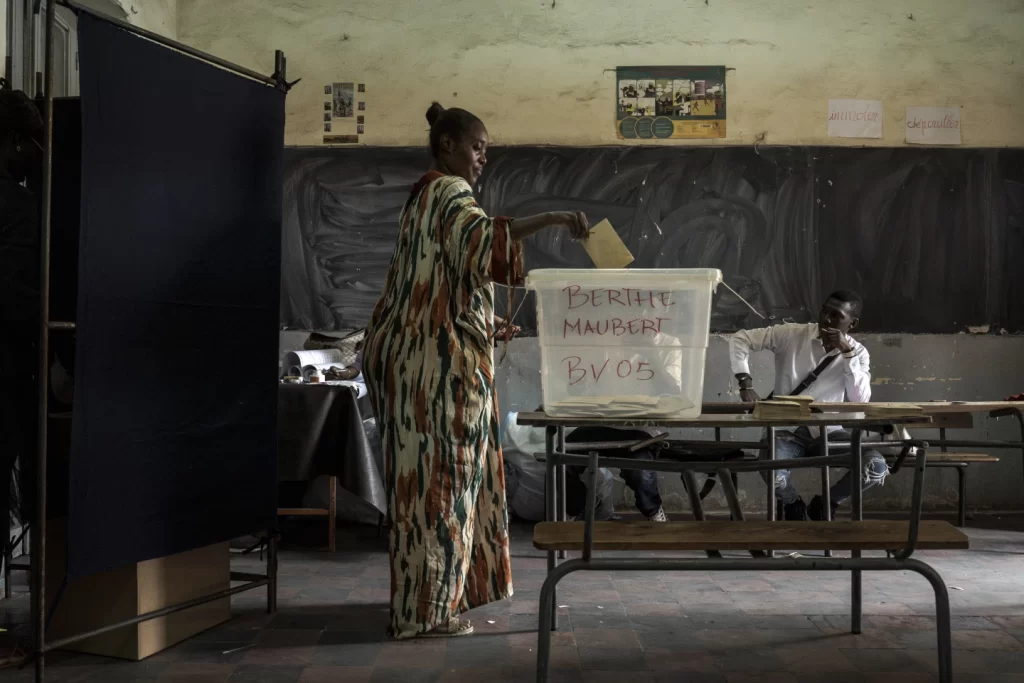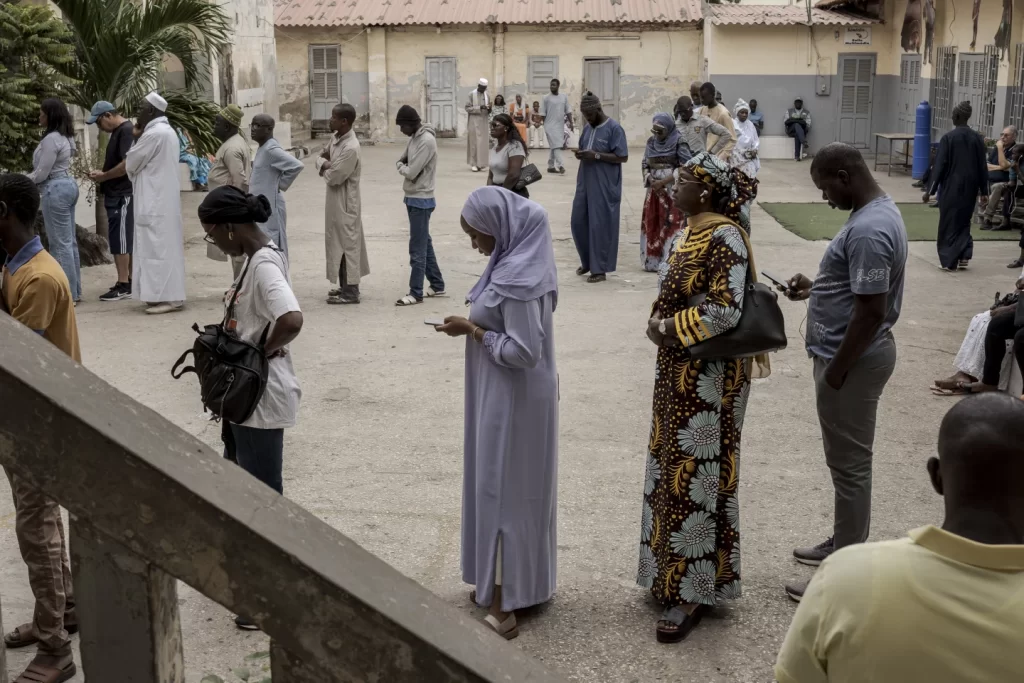President Bassirou Diomaye Faye’s ruling PASTEF party secured a commanding parliamentary majority Thursday, winning 130 of 165 seats in Senegal’s National Assembly, according to provisional results that dramatically strengthen the new president’s reform agenda.

The national vote counting commission’s announcement marks a seismic shift in Senegalese politics, transforming PASTEF’s position from holding just 56 seats to commanding nearly 80 percent of parliament. The opposition coalition led by former President Macky Sall managed only 16 seats, a steep decline from its previous slim majority of 83.
Faye, 44, who became Africa’s youngest elected leader in March shortly after his release from prison, now holds unprecedented authority to implement his ambitious reform program. His platform includes anti-corruption measures, revitalization of the fishing industry, and enhanced management of the country’s natural resources.

“The lack of a majority had prevented me from executing reforms I pledged during my presidential campaign,” Faye had stated before dissolving the opposition-led parliament in September to trigger early elections. The move has now yielded the decisive majority he sought.
The election, closely watched as a barometer of democratic stability in West Africa, proceeded peacefully despite sporadic campaign violence between rival supporters. International observers, including delegations from the African Union and ECOWAS (Economic Community of West African States), praised both the voting process and Senegal’s democratic maturity.

Sall, the former president, demonstrated the country’s growing democratic tradition by promptly congratulating PASTEF via social media as results emerged. Two other major opposition leaders conceded defeat shortly after polls closed Sunday.
Faye’s rise to power reflects growing youth frustration across Africa, where the world’s youngest population often confronts leaders who have held power for decades. His victory, pending confirmation by the constitutional council next week, positions Senegal for potentially transformative changes in governance and economic policy.



